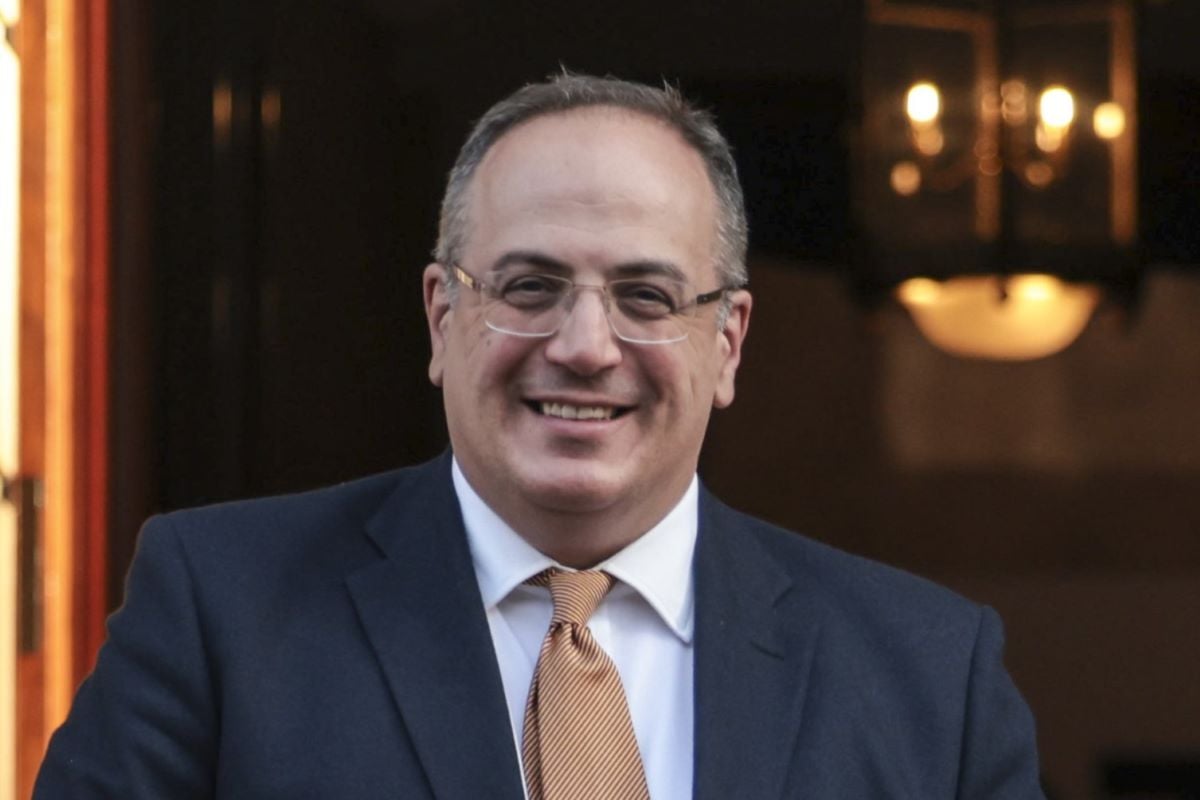
Conservative MP Michael Ellis said it is a 'worrying time' for music education hubs across the country
Photo: UK Parliament
Viability of music hubs ‘under threat’
Standstill funding, increased employer pension costs and the financial impact of the pandemic are putting England's network of music education hubs under increased pressure.
Music Education Hubs across England are facing a financial crisis because of a combination of standstill funding and an increase in employer’s pension contributions, a senior Conservative MP has warned.
Michael Ellis, who served briefly as Attorney General under Liz Truss, said in a House of Commons debate on the issue that the ”.
Ellis said that since their formation in 2012, government funding for the hubs – which is administered by Arts Council England – has risen by just 1%, whereas “during this time, the Bank of England inflation calculator shows inflation running at 37%”.
READ MORE:
- Large reduction in music education hub numbers confirmed
- Music hubs losing pupils and schools over rising costs
He said that from August hubs must deal with the end of a grant covering the cost of increased employer contributions for the Teachers’ Pension Scheme (TPS).
This comes at a time when, from April, an additional 5% increase in employer contributions to the pension scheme also comes into effect.
While these additional costs will be fully funded for mainstream schools, further education and local authority music services that employ teachers, music hubs are "not currently included", Ellis said.
‘Grave concerns’ for future
Ellis explained that he had been contacted by Peter Smalley, the Chief Executive of his local Northamptonshire Music and Performing Arts Trust (NMPAT), one of the current 116 hubs across England.
Smalley, Ellis said, had “grave concerns about the future of his organisation”.
He continued: “NMPAT, as the music hub lead, has a turnover of £4.5m. That includes £1.13m of core hub grant from government.
“Payments for services from parents and schools make up the majority of the remaining turnover.”
In the two years since the pandemic, NMPAT had “exhausted” any reserves it had in order to “rebuild, regrow, and restimulate activity… to achieve levels of engagement and activity close to pre-pandemic levels”.
With increased annual pension costs calculated to be £1.15m – more than its core grant – and no reserves to fall back on, it was self evident “that other aspects of NMPAT services will suffer severely… if nothing is done.”
Ellis added that in an attempt to address the funding crisis, NMPAT had begun consultation with staff to take them out of the TPS and instead provide a less costly alternative.
The music hub was also “undertaking a full internal financial review to establish where cuts and savings can be made” with it being “inevitable that some services currently being delivered will be lost, and that costs for parents and schools will rise, perhaps by as much as 20%”.
Ellis continued: “It has become clear that this is a worrying time not just for NMPAT, but for music education hubs up and down the country.
“I am concerned not just for the hubs that are having to make difficult decisions, but for organisations that perhaps might not be fully aware of the details of the changes that are about to occur.
“Music hubs making cuts to their budget, which reduces services and outreach, is a situation that we should not allow to occur because of the important impact that music education has.”
'Crisis' in music education
Barbara Keeley, Labour Shadow Minister for Culture, Media and Sport, said during the debate that “the threats to the financial security of music hubs are a real concern”.
“These hubs are often the only providers of instrumental tuition – at no cost or in heavily subsidised form – in state schools.”
She added: “We have what is starting to be considered a crisis in music education, given that the number of young musicians being taught at advanced level by music hubs has halved over the past decade, and sadly there are now 20,000 fewer state school bands, orchestras, ensembles and choirs than there were seven years ago”.
“The government risk losing music teachers, musicians and audience members, as well as failing to give children access to an activity that holds so many benefits for their academic, social and emotional development”.
Following government plans announced last year, in September the number of music Hub Lead Organisations (HLO) will be reduced from 116 to 43.
A bidding process to become one of the new HLOs closed in October.
The changes to the hub scheme, which are part of the government’s refreshed National Plan for Music Education announced in 2022, will see individual hubs covering a much larger geographical area.
Damian Hinds, Minister of State for Schools, said that following the conclusion of the competition next month, “the [Department for Education] will work with Arts Council England to set final grant allocations for the newly competed hub lead organisations that will take over from September.
“As part of that work, due consideration will be given to additional pension pressures due to the increase in employer contributions through the TPS.”
The Department for Education has been contacted for comment.
Join the Discussion
You must be logged in to post a comment.